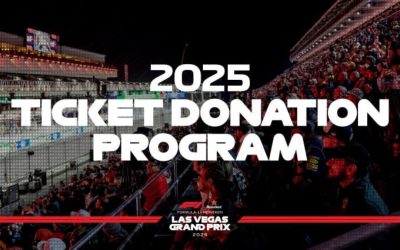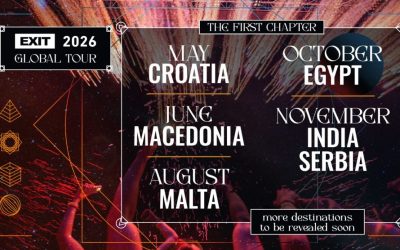Swedish football clubs maintain ticket prices constant during regulatory disturbance in European gambling sponsorship marketplaces as the country’s permissive gambling alliances model continues to generate millions annually in revenue to finance fan accessibility to matches.
While nearby Netherlands aims to cut gambling sponsorships by €70 million from July 2025 and the UK Premier League is ending front-of-shirt betting badges by 2026, Swedish authorities have resisted calls for limits thus far and subsequently allowed clubs to duck ticket price increases looming on the horizon for teams in more circumscribed marketplaces.
Sweden’s balanced regulation regime also permits state-owned Svenska Spel and licensed operators like Betsson and Unibet to enjoy broad sporting sponsorships within “moderate” advertising limits, channeling about SEK 4.8 billion ($457 million) annually in taxation income while promoting amateur and pro sports.
Studies from the industry indicate that Allsvenskan clubs receive between 5–15% of the entire income from gaming sponsorships, funding that directly impacts operational costs and ticket income models. Svenska Spel alone contributes the state treasury over SEK 2 billion and still maintains partnerships with the nation’s sport federations, while NetBSD casino and others that don’t have the legal status are forbidden from sponsorship.
“The financial stability from gambling sponsorship allows Swedish clubs to maintain ticket prices fairly low and still make investments in infrastructure and young people,” comments sport economist Lars Johansson from the Stockholm School of Economics. “Exposure to marketplaces with sponsorships prohibited makes difficult choices between higher ticket prices or less investments.”
This impact is most extreme with the Netherlands, whose football clubs threatened a “bloodletting” since the prohibition on strip sponsoring wipes out an estimated €40 million in direct club sponsorships and a further €30 million in ancillary revenue from advertisements. Some Dutch clubs have even indicated ticket increases coming into the 2025–26 season as make-good for lost revenue.
Swedish clubs seamlessly adapted as the country’s gambling market was opened to authorized competition in 2019 and the majority of teams transitioned from unlicensed .com sponsors to newly licensed operators. This regulatory uniformity has seen predictable revenue flows benefit fans with cheap matchday experiences.
Sweden’s Online Gambling Trade Association (BOS) has created voluntary codes obliging partnerships to integrate responsible gambling communications and refrain from targeting children, and this reflects that commercial relationships need not be in conflict with consumer protections.
Germany’s Bundesliga presents a spotty landscape with 17 of 18 clubs still holding betting sponsorships during the 2022–23 season even with mounting political demand for regulations. But German clubs remain unsure about future regulations on sponsorships and long-term fan pricing models become challenging.
Sweden’s 85% market channelization rate – i.e., the vast majority of gambling occurs through licensed operators – guarantees reliable tax income to support sports infrastructure as well as direct sponsorships. This integrated funding model maintains Sweden’s trademark of affordable pro sports.
As European football struggles with differing regulation systems, Swedish fans enjoy the benefit of the pragmatic approach from their nation. Whilst clubs from regulated markets consider looking to other sources of revenue such as possible ticket price hikes, Swedish clubs need not look to recouping regulatory costs from the fans. The Swedish model proves that cautious regulation is possible between consumer protection and accessibility for sports with responsible gambling partnership income still being received. Swedish football punters currently benefit from some of the most stable ticket prices in all of Europe.




